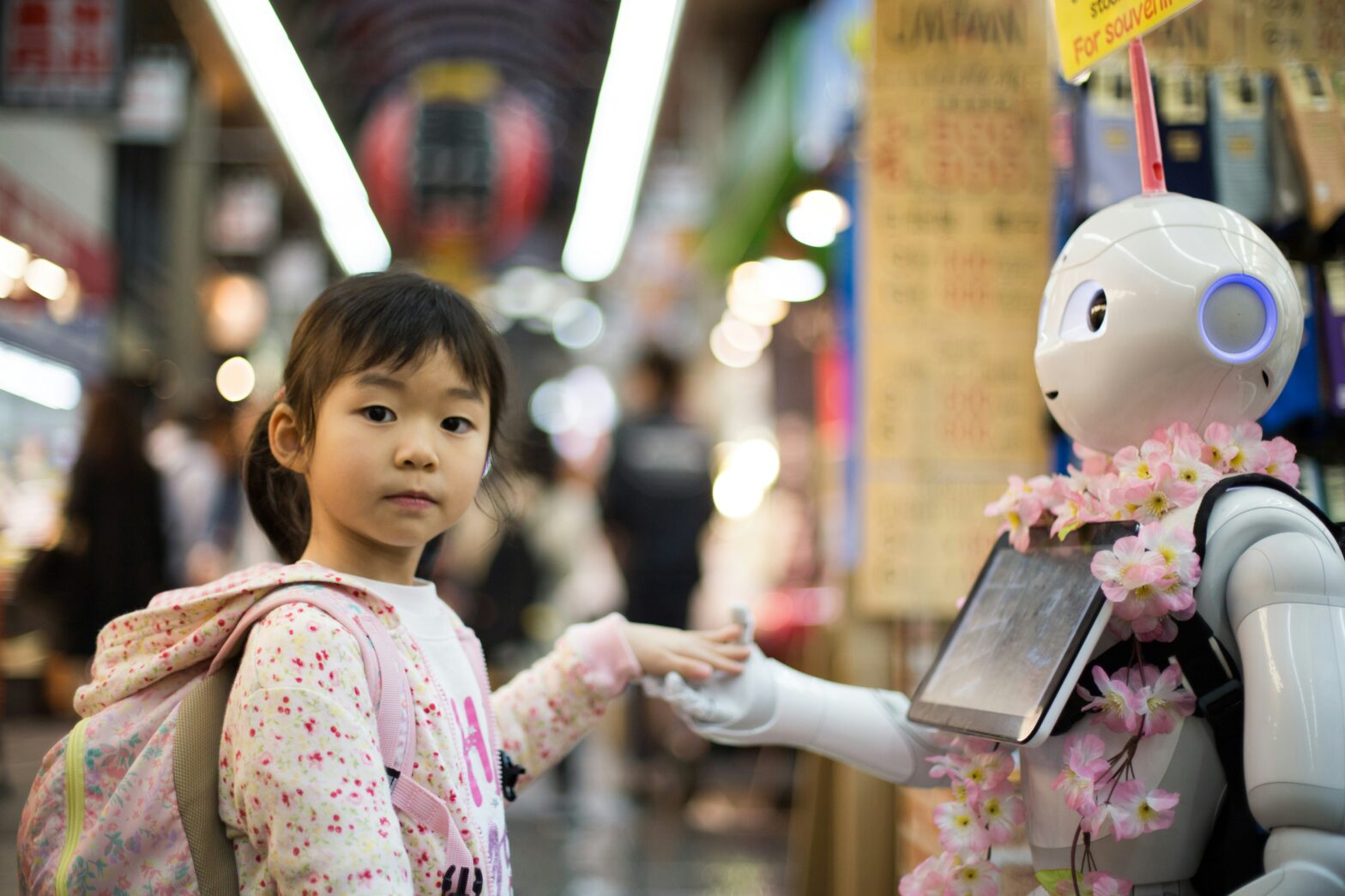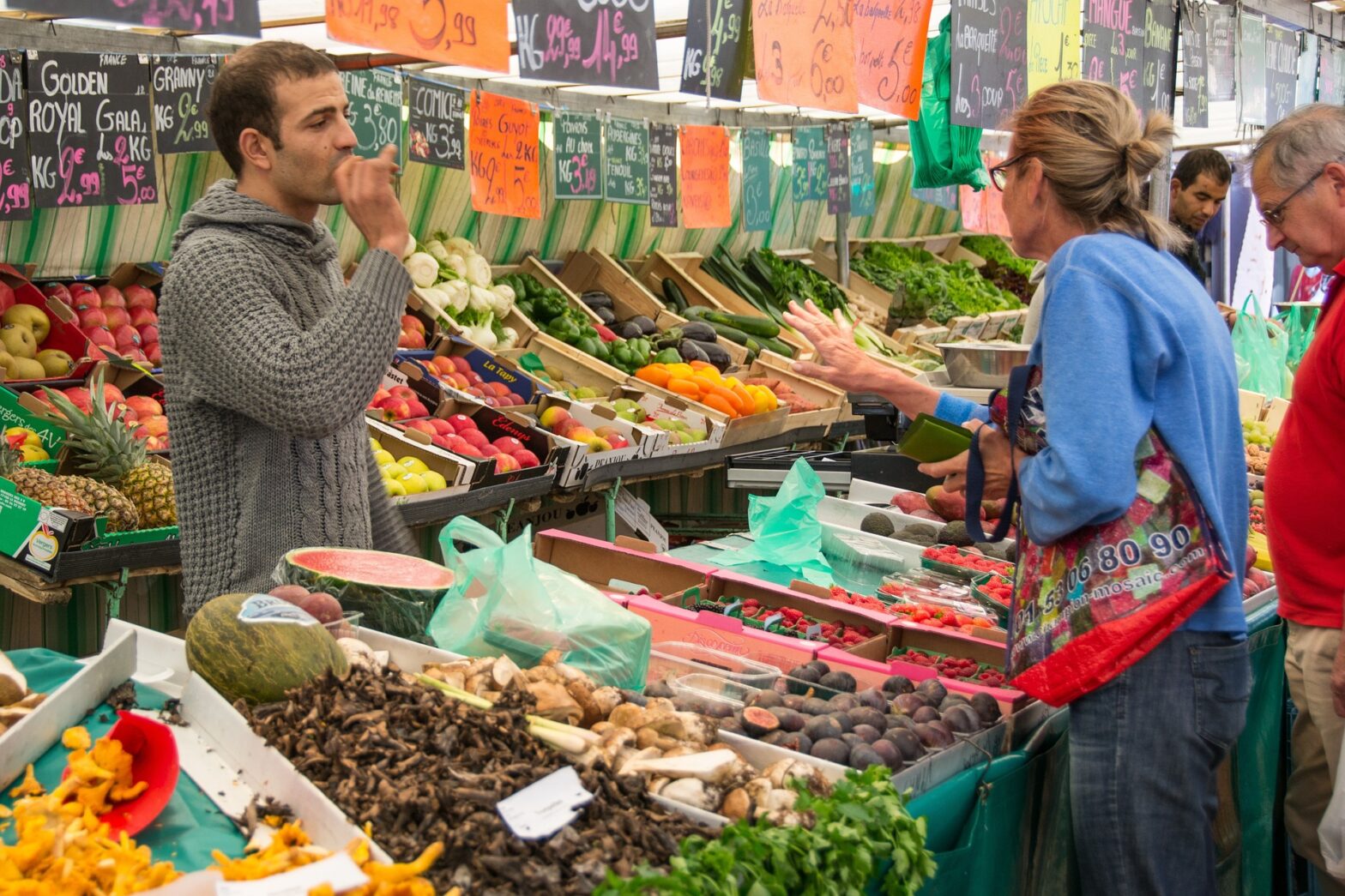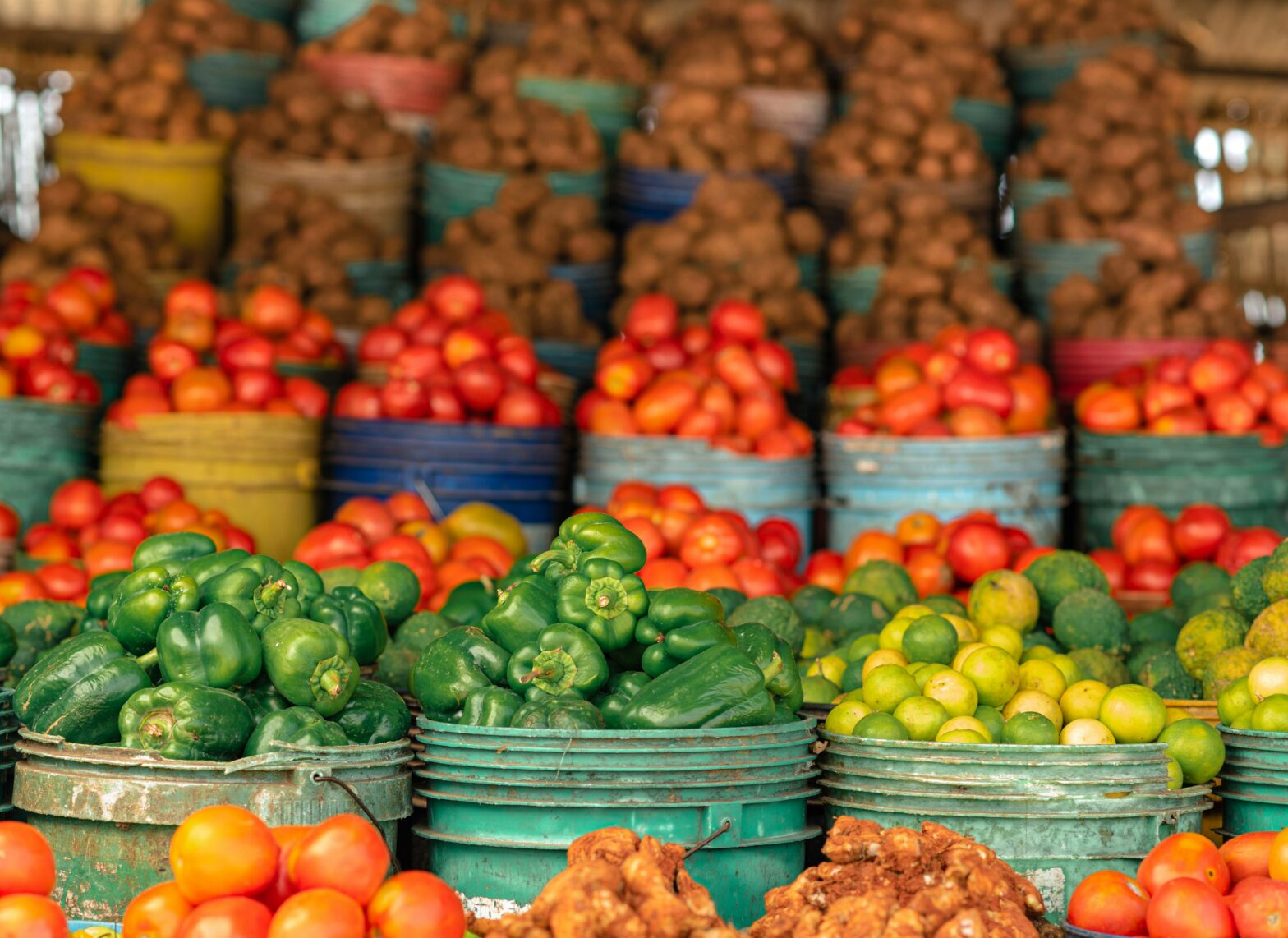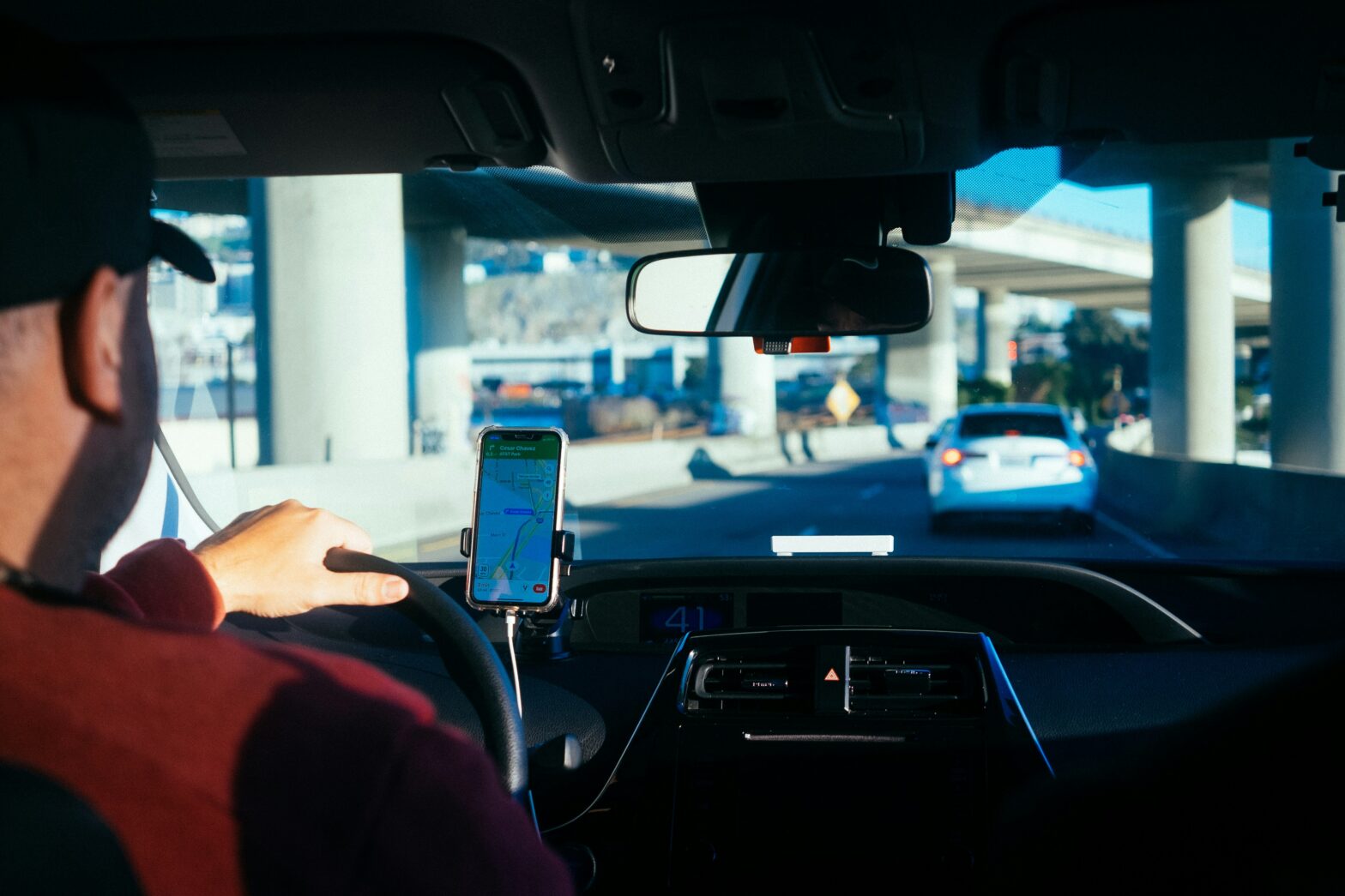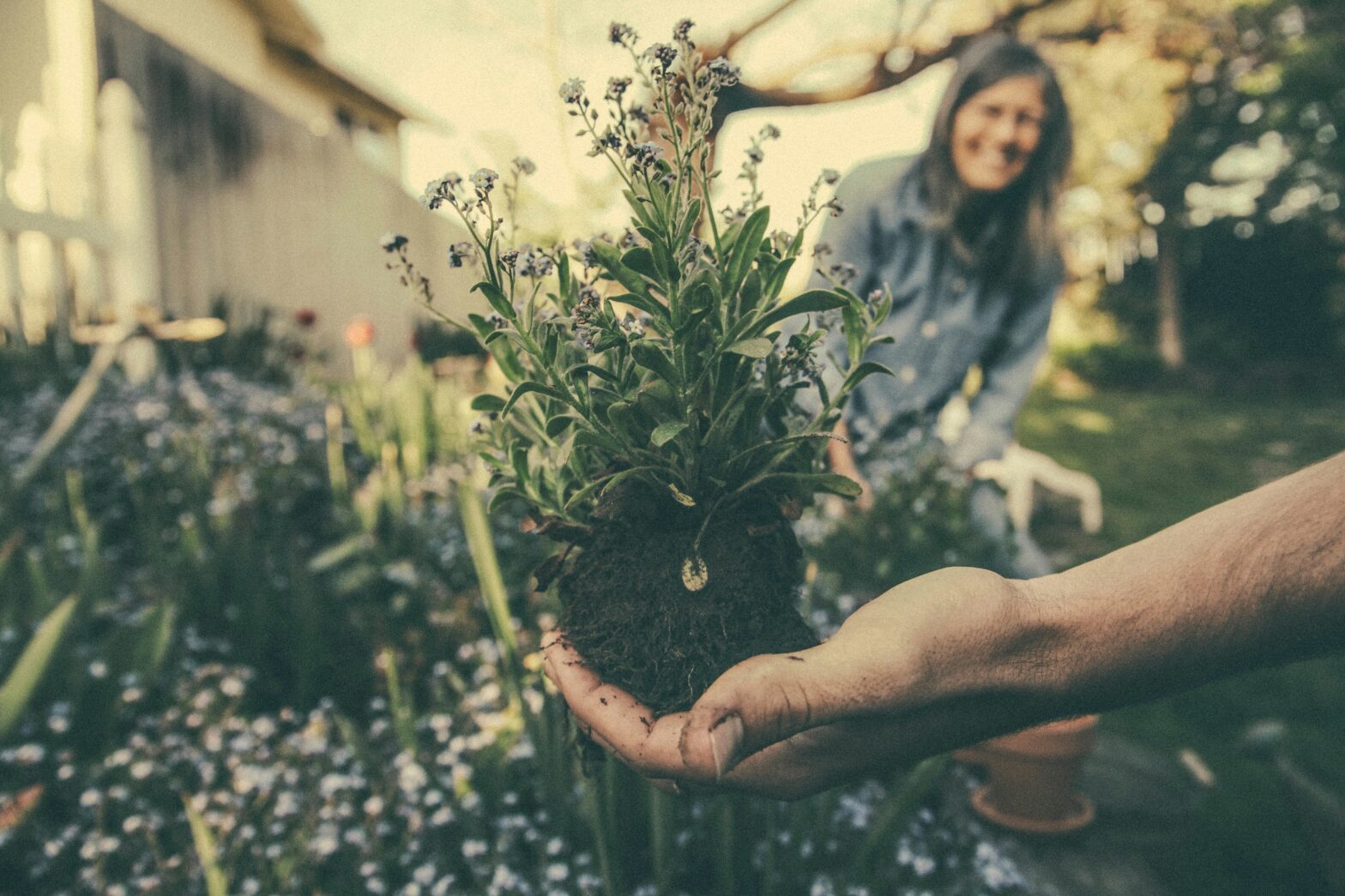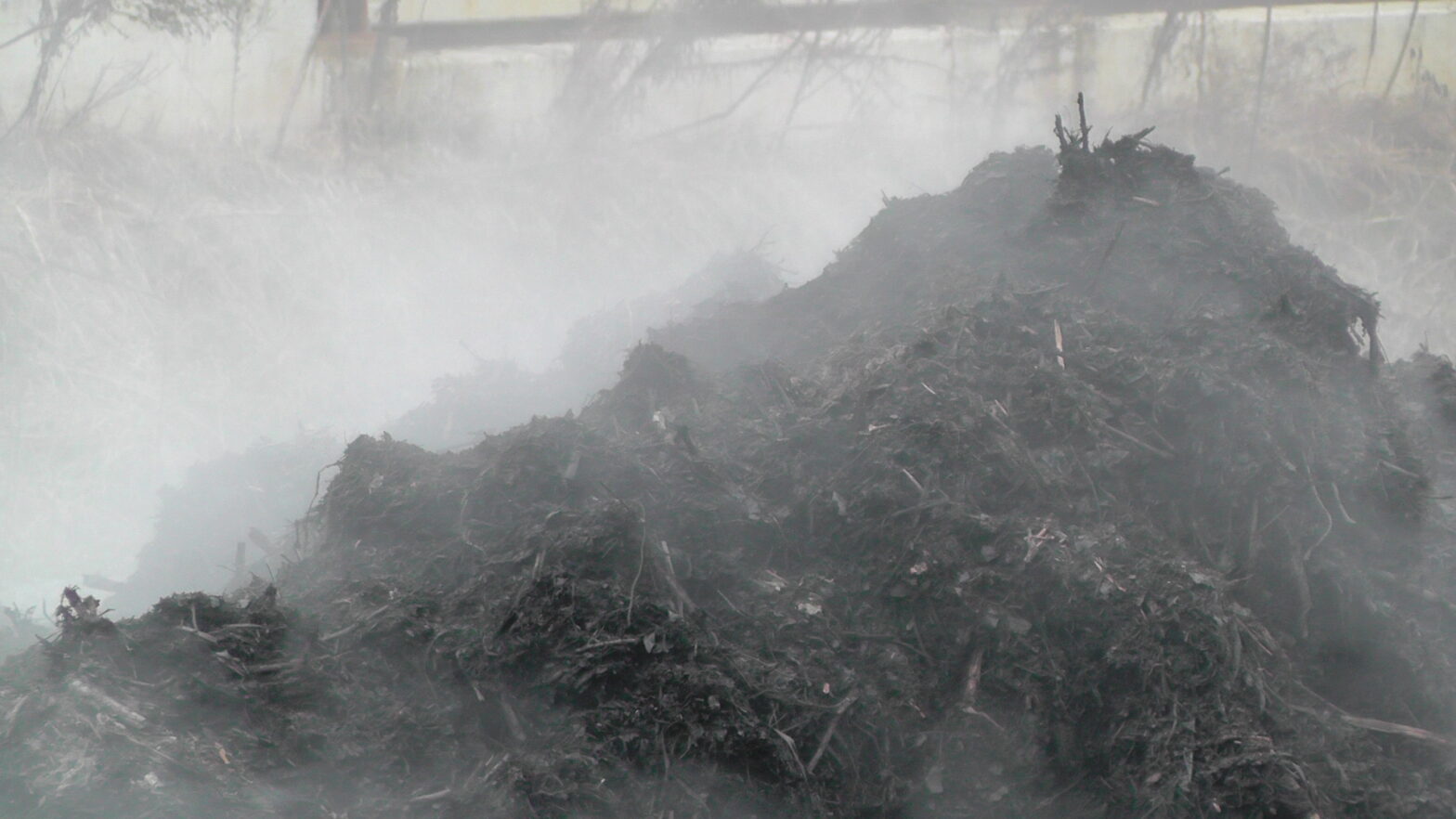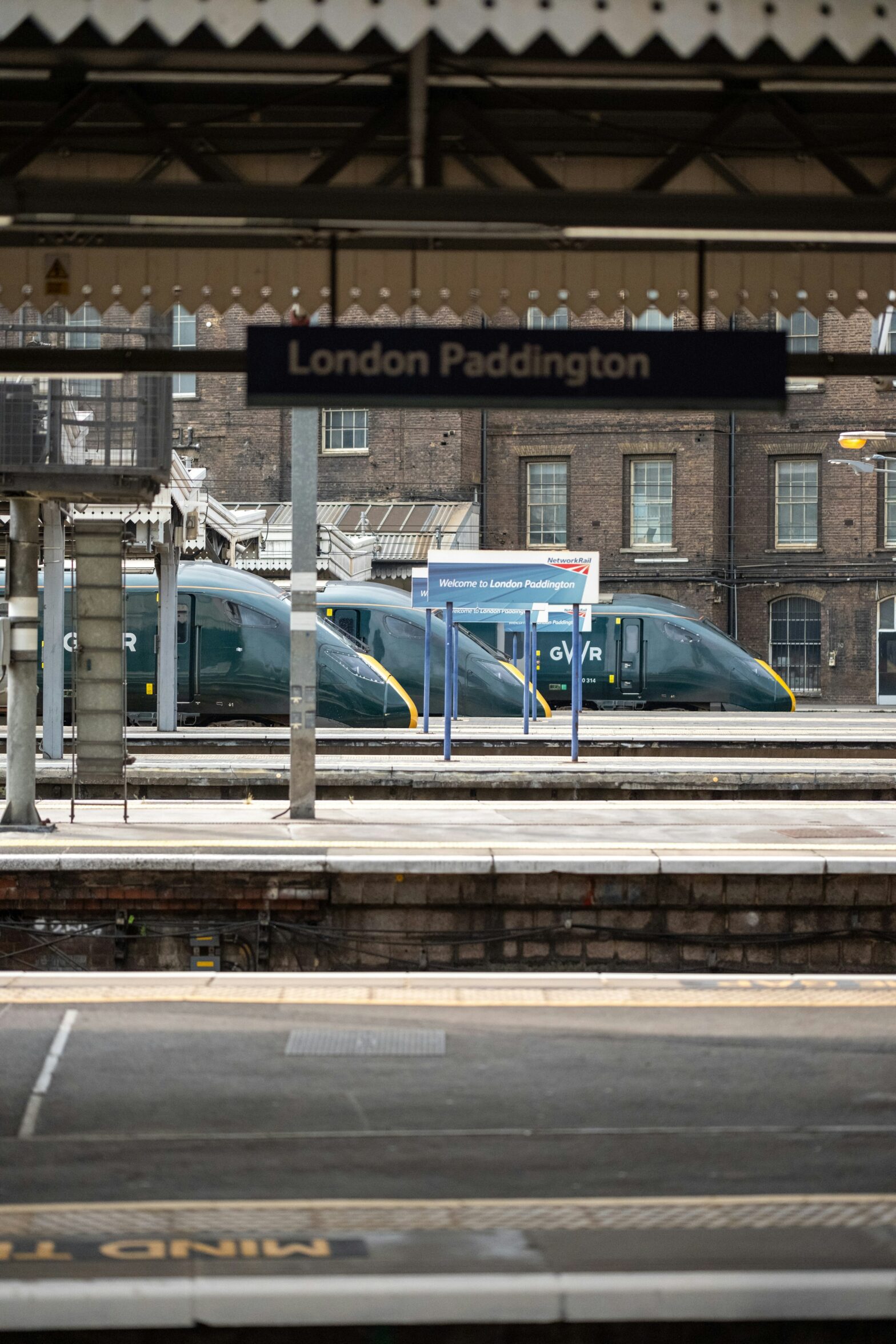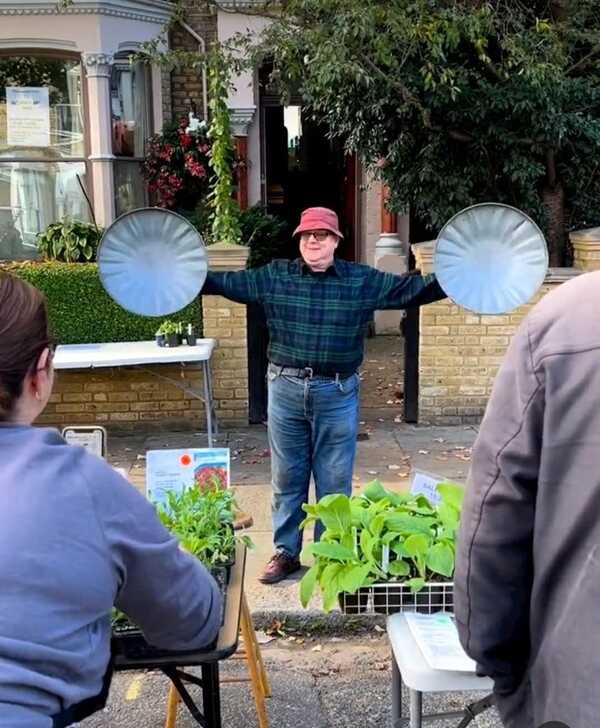Grown adults who should know better are saying and thinking ridiculous things induced by either childish excitement or Machiavellian purposes, and often both. The worst part though is that many…
Tag: ecotips
Food Resilience
The food industry’s focus on efficiency over resilience leaves us exposed to climate shocks, price surges, and shortages. These are risks that government reports warn could have catastrophic consequences as…
Simple Ways To Eat With The Climate In Mind
Food accounts for around 30% of global greenhouse gas emissions, making diet one of the most direct ways individuals can reduce their footprint. The good news? Small, realistic changes to…
Travel Smart with Ride Sharing
Londoners are getting smart when it comes to reducing their transport footprint. There are travel and taxi apps now which let you book a ride with a ‘split fare’, or…
Gardening in a Changing Climate
The conventional British garden might well be a thing of the past. As hotter, drier summers are becoming more common and winters are growing warmer and wetter, the kind of…
Hotbin Composting
Hotbin composting offers a simple, fast and effective way to process food waste. A hotbin’s insulated design keeps temperatures at 40–60°C, allowing you to compost everything from vegetable peelings to…
Compost your Food Waste
London disposes of 2 million tonnes of food waste per year. Because it usually goes to landfill and causes methane emissions, composting this instead could save 275 thousand tonnes of…
Your Local Coffee Shop Needs You!
We data scientists at EcoCounts have discovered a correlation between people drinking tea and coffee in coffee shops and a force for good in this world. Such customers supporting local…
Holidays with a Carbon Budget
If you’re lucky enough to be planning a holiday abroad this year, you can reduce the impact on your carbon footprint by joining the increasing number of people going by…
Springtime Gardening Issues
This week’s eco tip is from subscriber-gardener-naturalist Joy. This must be the third time this subject has come up, however the otherwise very green sector of gardening and growing things…

